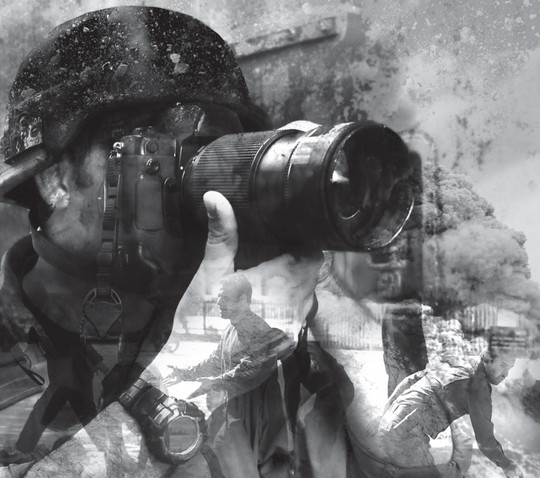The report, In the Shadow of violence: journalists and media killed in 2018, details cases of 95 journalists and media professionals who lost their lives in targeted killings, bomb attacks or crossfire incidents. The number represent an increase of thirteen killings more than in 2017.
Yemen, India, Mexico, Afghanistan and Syria recorded the most devastating tolls while South Asia becomes the world’s most dangerous region for journalists, according to the report.
The IFJ says that the increase in killings takes place in the context of an increasing polarization of views across the world with the rise of dangerous nationalist and populist forces in many countries and the stigmatization of journalists and media by politicians and the enemies of media freedom.
The report also points at the pervasive level of impunity that prevails across the globe where 90% of journalists' killings remain unresolved as the authorities all to often fail to conduct credible investigations into these crimes.
FJ President Philippe Leruth said: "Those tragic figures remind us of our duty to act and hold governments responsible for the lack of investigation for journalists' crimes. We need an international instrument to force all states to act to halt the killing of journalists and bring the killers to justice. Our draft Convention on the Safety and Independence of Journalists and other media professionals would achieve this."
The IFJ proposed Convention addresses the key weaknesses in the international legal regime and provides a dedicated instrument specific to the situation of journalists, ensuring more effective implementation of international law. It will ultimately secure a safer working environment for journalists and greater additional protection for press freedom.
The IFJ and its affiliates have met with governments, lobbied delegations and missions at the United Nations to raise support on the draft convention. The Federation has also built a broad-based coalition of media organisations and professionals that have warmly supported the initiative and helped take the argument forward.
IFJ General Secretary Anthony Bellanger said: "Every time a journalist is killed, it is not just the individual, the family, the media which suffers. Society is increasingly denied its right to the free flow of information and views as journalists – fearful for their lives – are silenced by the assassin’s gun."

